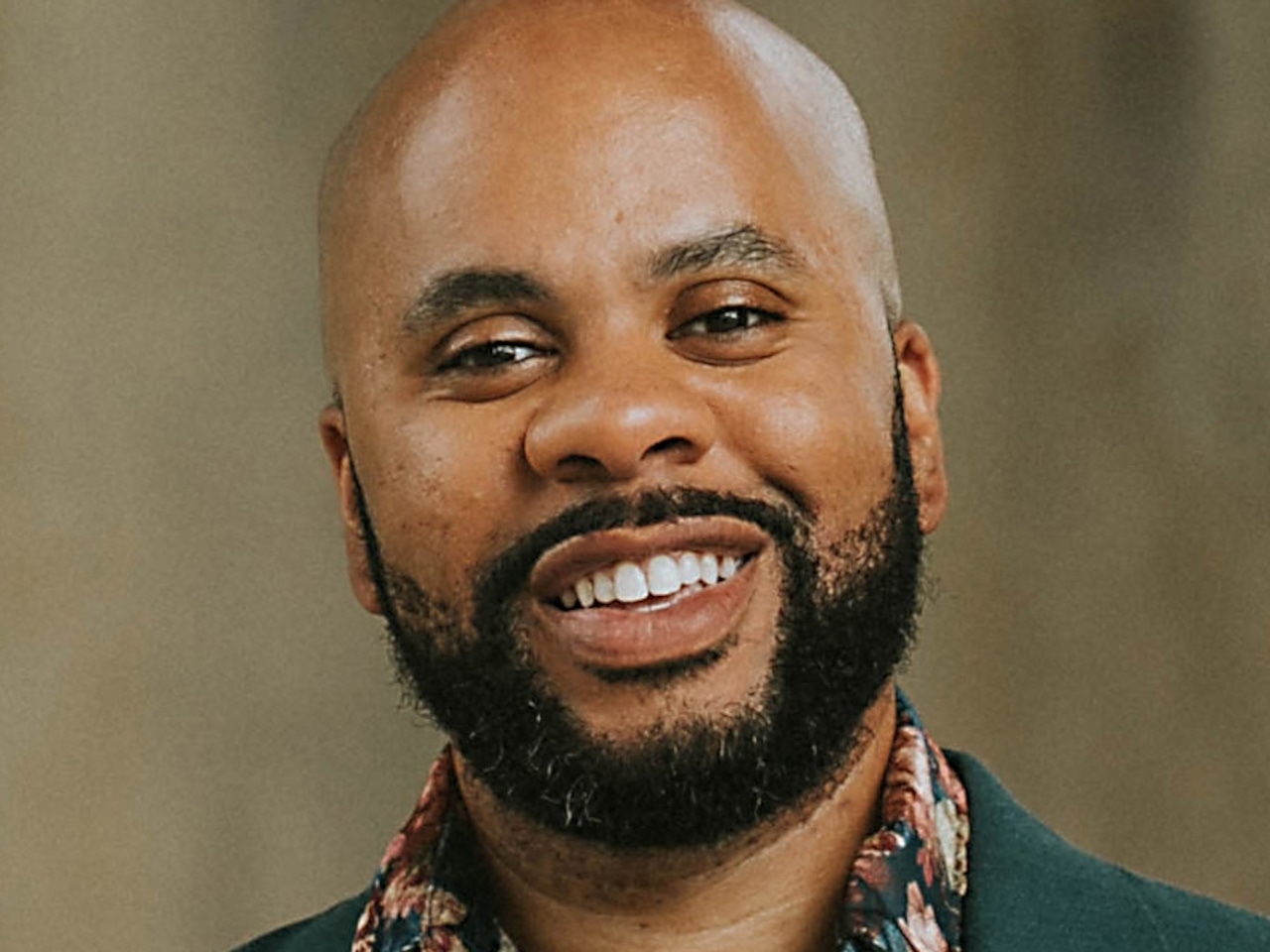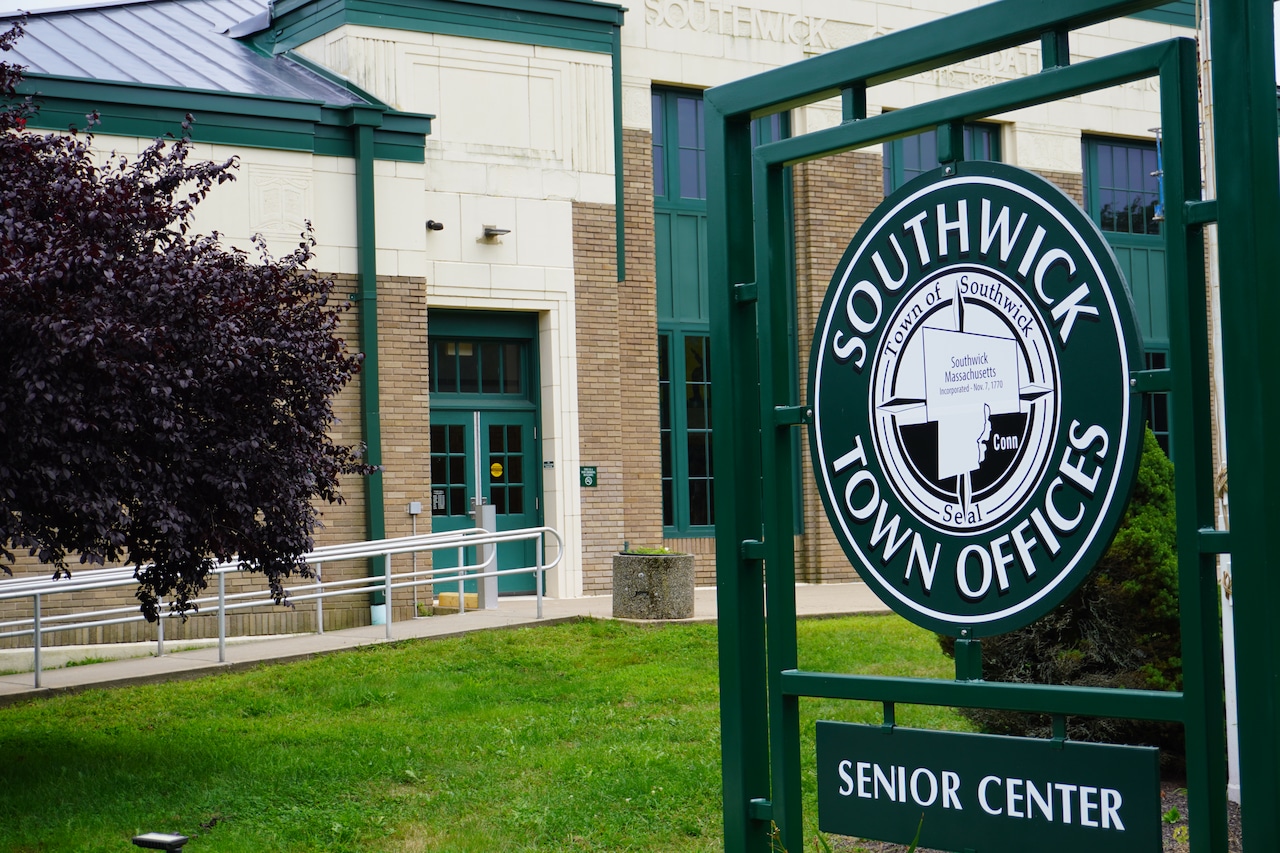
Dear Eric: Frequently the advice is to find or consult with a therapist. We live in a large city with an overwhelming number of options. Where do you start and how do you find the right person that will gel well with your needs and personality?
—Searching
Dear Searching: Great question! Start by thinking about your goals. While you don’t have to have a clear idea of what the end result looks like, thinking through your hopes for a therapeutic relationship will guide your search.
Use a website like PsychologyToday.com to filter therapists in your area by any criteria that are important to you, like therapists who specialize in working with children or therapists who have experience with clients on the autism spectrum.
The wide range of filters can also help you think through other aspects of this relationship that might be important to you, such as race, religious affiliation (if any), and experience working with certain communities, like the LGBTQ population.
Next, you may want to familiarize yourself with the different types of therapy offered. You don’t have to be an expert, of course, but it may be less daunting to google some of the terms with which you’re not familiar, like cognitive behavioral therapy or internal family systems. GoodTherapy.org has a wonderful primer on some of the different types.
When you reach out to a therapist, they’ll schedule a 15-minute consultation, usually by phone. This is a good time to get a sense of how this relationship might work.
Some questions to consider asking:
- What type of therapy do you practice, and can you give me an example of what that would look like in session?
- Do you work with an agenda in session, and do you recommend doing “homework” between sessions?
- How often do you recommend meeting and do you work online or in-person?
- Do you offer feedback and response in-session?
There’s no right answer. This is more about finding a style and approach that works for you.
If it feels promising and you schedule an intake, don’t be afraid to continue asking questions and give feedback where appropriate. Also, be open to the possibility that you may not find a match that works for you right away. Therapists understand that this is a process to which you are both contributing. It’s fine to say, “this aspect doesn’t feel right; can we talk about it?”
As with any other relationship, professional or personal, it may take time to find your groove. Please don’t let any trial and error discourage you. It’s worth the time you put into it.
Copy
(Send questions to R. Eric Thomas at eric@askingeric.com or P.O. Box 22474, Philadelphia, PA 19110. Follow him on Instagram and sign up for his weekly newsletter at rericthomas.com.)
©2024 Tribune Content Agency, LLC.





